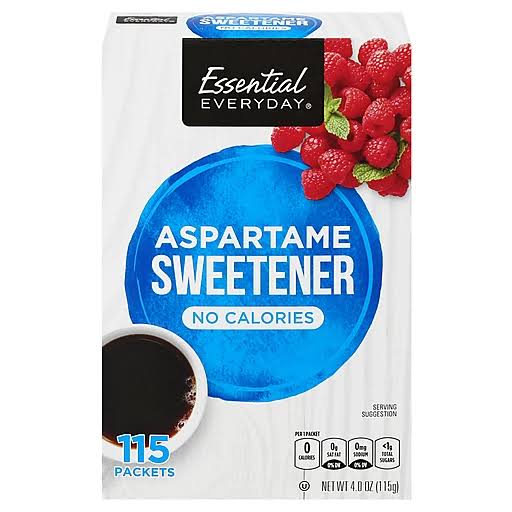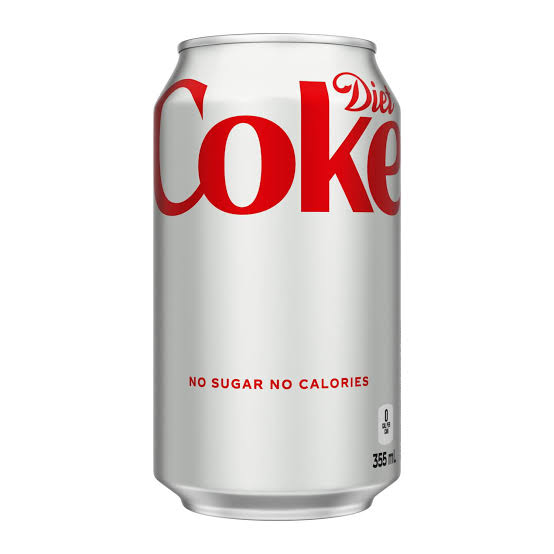The International Agency for Research on Cancer is set to declare aspartame, one of the most common artificial sweeteners, a possible carcinogen.
Aspartame is an artificial sweetener that is 200 times sweeter than sugar and widely used in low-calorie products.
You will find it on the ingredients list of many diet or sugar-free foods including diet drinks, chewing gums and some yoghurts.
High profile drinks containing aspartame include Diet Coke, Coke Zero, Pepsi Max, and 7Up Free, but the sweetener is in around 6,000 food products.

While aspartame has been used for decades and is approved by food safety bodies, there have been several controversies around the ingredient.
According to Reuters, two sources with knowledge of the process said the IARC, the World Health Organisation’s cancer research arm, will publicly list aspartame on July 14 as “possibly carcinogenic (cancer-causing) to humans” for the first time.
The IARC ruling was said to have been finalised earlier in June after a meeting of the agency’s external experts and a review of about 1,300 studies on aspartame and cancer.
However, the ruling does not take into account how much of a product a person can safely consume.
The IARC ruling has four levels of classification — carcinogenic, probably carcinogenic, possibly carcinogenic and not classifiable.
The levels are based on the strength of the evidence.
The joint WHO and Food and Agriculture Organisation’s expert committee on food additives (JECFA), is also reviewing aspartame use this year.
The committee’s meeting began at the end of June and it is due to announce its findings on the same day that the IARC makes its decision public.
An IARC spokesperson said both the IARC and JECFA committees’ findings were confidential until July, but added they were “complementary”.
The spokesperson said the IARC’s conclusion represents “the first fundamental step to understanding carcinogenicity”.
Similar rulings made by the IARC in the past for different substances have raised concerns among consumers about their use, led to lawsuits, and pressured manufacturers to recreate recipes and swap to alternatives.
This has led to criticism that the IARC’s assessments can be confusing to the public.


